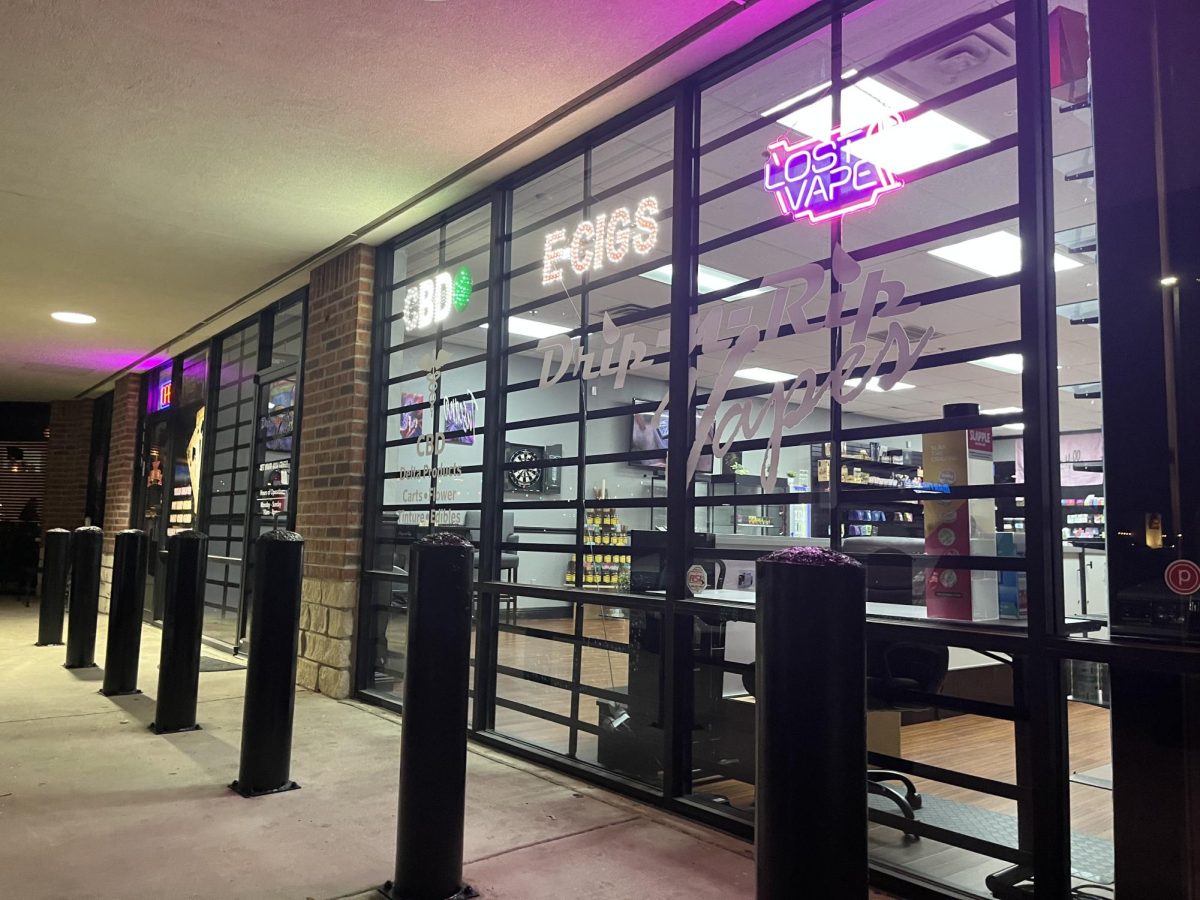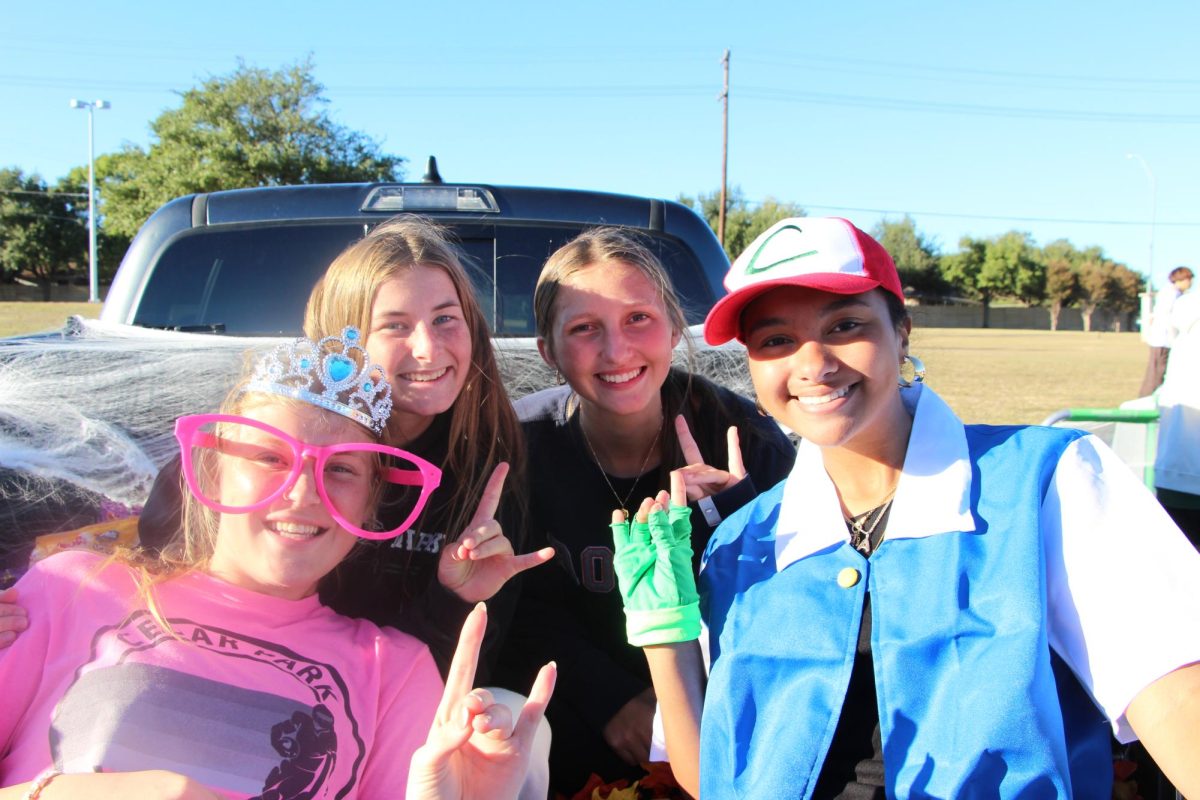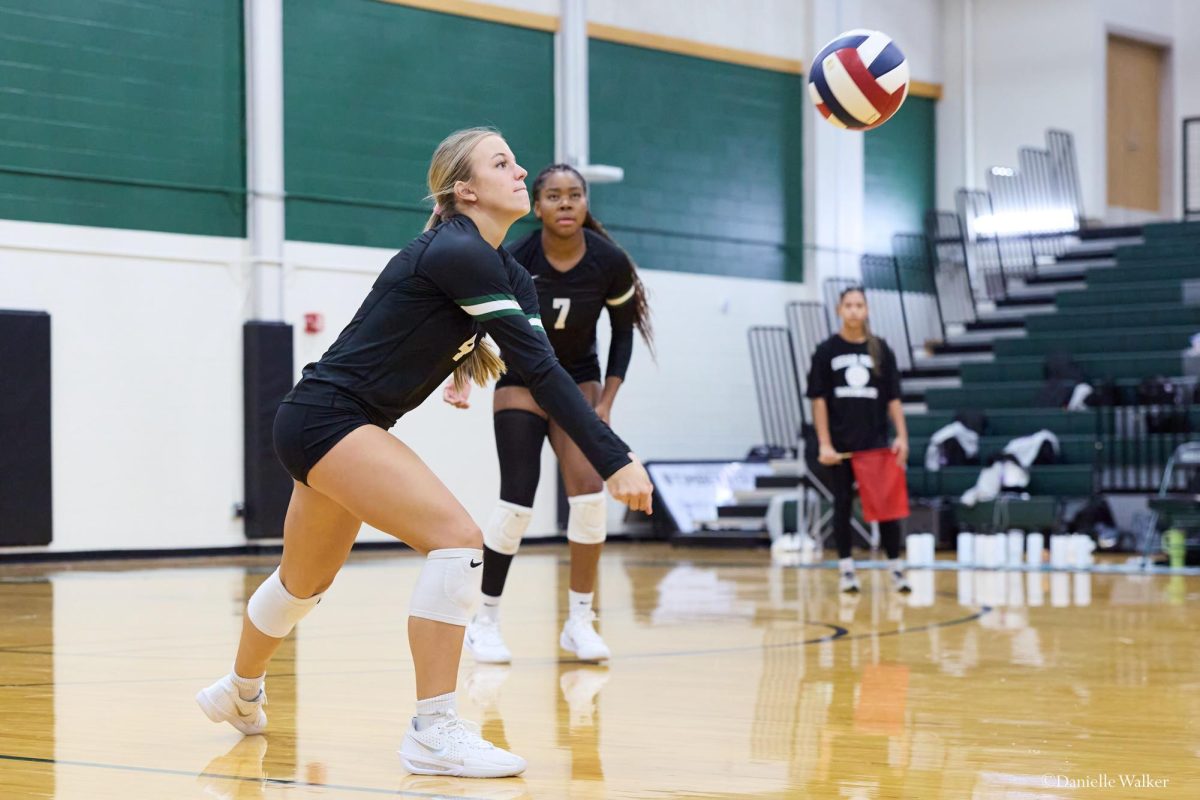Callie’s Declassified College Application Survival Guide
Tips, Resources For Easier College App Process
As I have walked around the halls, sat in classrooms and talked to my classmates, I have noticed that the seniors have one thing on their minds: college applications. I’d be willing to bet if you looked on a senior’s computer right now, they would have at least one tab open to Common App or ApplyTexas (maybe even both). Almost every day, I hear someone making comments about what they wish they would have done differently, who has gotten accepted where or some rumor they have heard about applying. To assist present and future college applicants, I have compiled the worst myths, most interesting facts and the best advice I’ve heard throughout my own college application experience in order. So, by unpopular demand, here it is:
Callie’s Declassified College App. Survival Guide:
First, let me make a disclaimer. I have not been accepted into college- yet. I’ve applied to five colleges so far, and have to wait until December to hear the results. However, I want to share the resources I have utilized with people who haven’t yet had that opportunity. So let’s begin.
1. Letters of Recommendation:
- These are one of the most important parts of your college application. You should always be respectful to your teachers, and only ask the teachers you feel really close to for writing your recommendation letters.
- Don’t wait until the month before your application is due to ask for a recommendation! You should be talking to and asking your teachers about letters of recommendation before the end of your junior year.
2. SAT/ACT:
- I know, scary right? It doesn’t have to be. Just by buying one of those SAT/ACT books (and actually reading it), you can do yourself a lot of good.
- If you can afford it, I highly recommend taking a More Than A Teacher class or course.
- If you do not want to spend money on practicing for standardized tests, you can prepare yourself for the SAT and ACT by devoting some time to reading books, asking for extra work from your math teachers and talking to your English teachers about grammar.
- Don’t take the SAT five times and the ACT six. Most colleges only require one or the other, so pick the one you did best on, and take it again. Don’t give yourself unnecessary stress by taking each test twenty times.
3. Scholarships:
- Do not underestimate the power of scholarships! Thousands of dollars are left on the table every single year because people do not apply for scholarships. Do not be one of those people. Even “small” scholarships like $100 and $500 can help tremendously in the long run.
- If you log in to Naviance, you can go here for a list of available scholarships. This is one of the most reliable sources for local and nationwide scholarships because it is updated every year. There is also a “scholarship match,” where Naviance takes your information and gives you a list of scholarships based on your GPA, demographics, etc.
- There are many other websites like Raise Me and Niche that are also reliable resources to find scholarships.
4. Volunteering:
- This is probably one of the most underrated parts of applying to college. People doubt the power of volunteering, and it comes back to bite them in the butt.
- The biggest part about volunteering is specifying how you volunteer. Doing a bunch of random volunteer opportunities looks good, sure, but if you can volunteer with a specific organization or something in relation to your future plans, colleges and scholarships will like you just a little bit more.
- If you can, create your own organization! Creating your own organization looks amazing on applications for both college and scholarship opportunities. In my junior year, I started Ping Pong Club with Ms. Trueblood, which has helped me a lot with my resume, applications and scholarship essays.
- If you can’t make an entire organization, create a volunteer opportunity for your peers. Talking to your teachers and counselors about how you can create opportunities in their classes will help you get an edge on other applicants.
5. Resumes:
- Resumes aren’t just for jobs. Most colleges give you the opportunity to upload a resume with your application, so it’s a good idea to start keeping track of the volunteer events, clubs, and teams that you participate in early in your high school career.
- Keep a list of your hours somewhere you will remember, so that when you start applying to college and for scholarships you will have a good idea of the activities you have participated in.
- Resumes should be short. College and Career Transition Coordinator, Chriss Hexter, said that the average time spent reading a resume is only 15 to 20 seconds.
- With this in mind, make sure you are only including things that are not in your application. Common App and ApplyTexas both have places to enter your activities and honors, so do not waste resume space by repeating those activities.
Hopefully through reading these five tips, you will not have to learn as you go like most of my peers and I have. If you have more questions, be sure to talk to your counselors. They are always ready and willing to help you navigate this next step of your high school experience.

Callie is a senior here at Cedar Park High School and this is her first year on staff. She's involved in multiple honor societies, including being the President of NEHS, she plays on the varsity basketball team, and she is the President of Ping Pong Club! She enjoys writing human interest stories and keeping people updated with the goings-ons of the school. In her free time, she watches countless hours of The Office and plays with her two miniature poodles. She plans on going to college but is currently undecided on what she will major in and what she will do with her life.






![Senior Jett Mckinney stores all the clothes in his own room, with half of it stored in his closet along with his personal clothes, and the rest taking up space in his room.
“There’s been times [when] there’s so much clothing stored here and it gets overwhelming, so I end up having to sleep somewhere else in the house,” Mckinney said.](https://cphswolfpack.com/wp-content/uploads/2025/11/DSC_0951-1200x800.jpg)



![Broadcast, yearbook and newspaper combined for 66 Interscholastic League Press Conference awards this year. Yearbook won 43, newspaper won 14 and broadcast took home nine. “I think [the ILPC awards] are a great way to give the kids some acknowledgement for all of their hard work,” newspaper and yearbook adviser Paige Hert said. “They typically spend the year covering everyone else’s big moments, so it’s really cool for them to be celebrated so many times and in so many different ways.”](https://cphswolfpack.com/wp-content/uploads/2025/05/edited-ILPC.jpg)




![Looking down at his racket, junior Hasun Nguyen hits the green tennis ball. Hasun has played tennis since he was 9 years old, and he is on the varsity team. "I feel like it’s not really appreciated in America as much, but [tennis] is a really competitive and mentally challenging sport,” Nguyen said. “I’m really level-headed and can keep my cool during a match, and that helps me play a bit better under pressure.” Photo by Kyra Cox](https://cphswolfpack.com/wp-content/uploads/2025/09/hasun.jpg)

![Bringing her arm over her head and taking a quick breath, junior Lauren Lucas swims the final laps of the 500 freestyle at the regionals swimming competition on date. Lucas broke the school’s 18-year-old record for the 500 freestyle at regionals and again at state with a time of 4:58.63. “I’d had my eye on that 500 record since my freshman year, so I was really excited to see if I could get it at regionals or districts,” Lucas said. “ State is always a really fun experience and medaling for the first time was really great. It was a very very tight race, [so] I was a bit surprised [that I medaled]. [There were] a lot of fast girls at the meet in general, [and] it was like a dogfight back and forth, back and forth.” Photo by Kaydence Wilkinson](https://cphswolfpack.com/wp-content/uploads/2025/03/Kaydence-2.7-23-edit-2.jpg)


![As her hair blows in the wind, senior Brianna Grandow runs the varsity girls 5K at the cross country district meet last Thursday. Grandow finished fourth in the event and led the varsity girls to regionals with a third place placement as a team. “I’m very excited [to go to regionals],” Grandow said. “I’m excited to race in Corpus Christi, and we get to go to the beach, so that’s really awesome.” Photo by Addison Bruce](https://cphswolfpack.com/wp-content/uploads/2025/10/brianna.jpg)
















